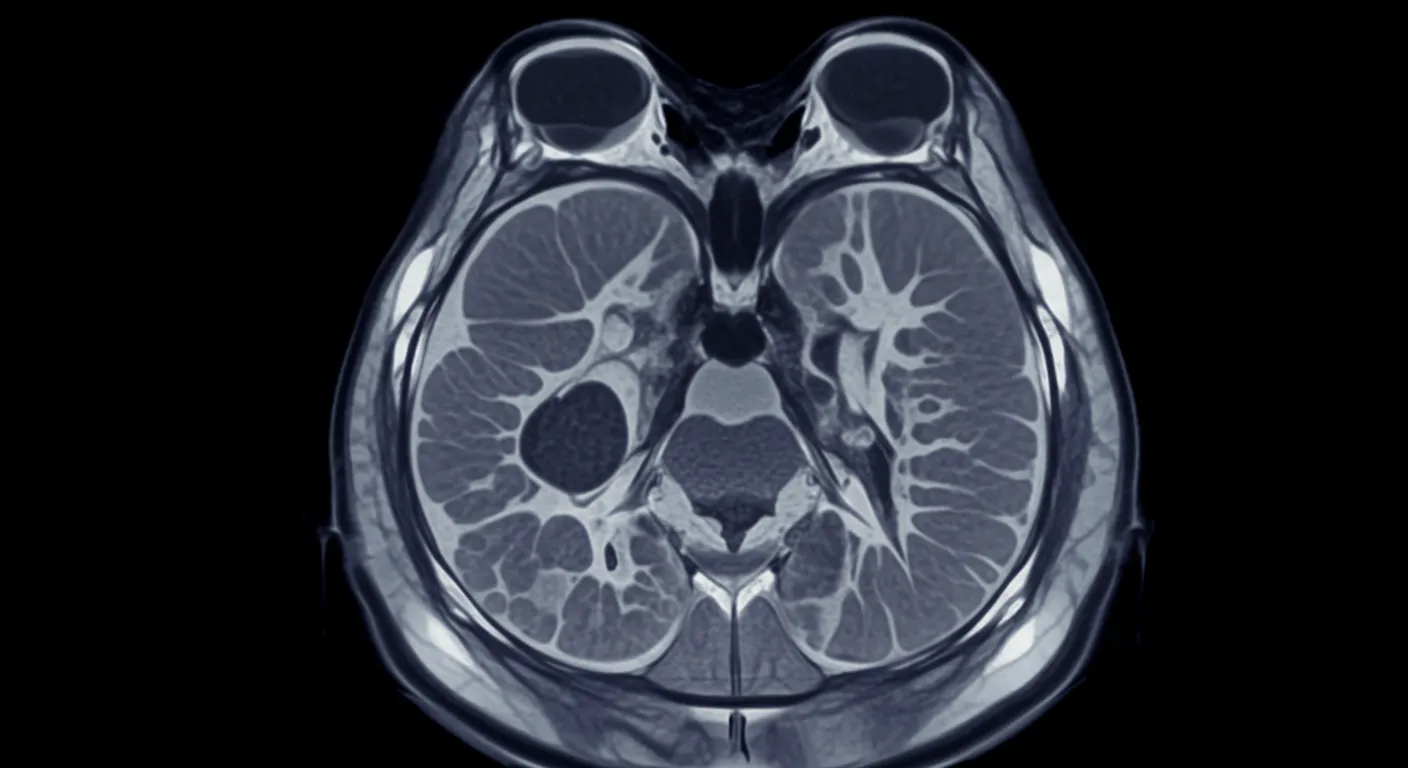London's healthcare system is taking a tech-forward approach to skin cancer screening, using artificial intelligence to triage potentially dangerous moles and lesions. The hospital's new system processes about 7,000 urgent skin cancer referrals annually, with only 5% actually turning out to be cancerous - a statistic that screams for smarter filtering.
Online commentators are mostly supportive of the technology, seeing it as a promising tool to help overworked medical professionals prioritize urgent cases. The AI doesn't replace human doctors but acts as a preliminary screening mechanism, potentially reducing unnecessary hospital visits and allowing specialists to focus on high-risk patients.
The technology isn't without skepticism. Some tech-savvy observers point out potential limitations, such as the challenges of consistent image quality across different devices and lighting conditions. Machine learning models are notoriously sensitive to their training data, which means wide-scale deployment requires extensive testing across diverse imaging scenarios.
Interestingly, personal stories from the discussion highlight the critical nature of early detection. One commenter shared a deeply personal account of losing a spouse to melanoma, emphasizing that weeks matter in cancer diagnosis. These narratives underscore the potential life-saving implications of improved screening technologies.
The broader context suggests this isn't just about technological innovation, but about reimagining healthcare delivery. By using AI to more efficiently route potential cancer cases, hospitals could dramatically improve response times and patient outcomes.


